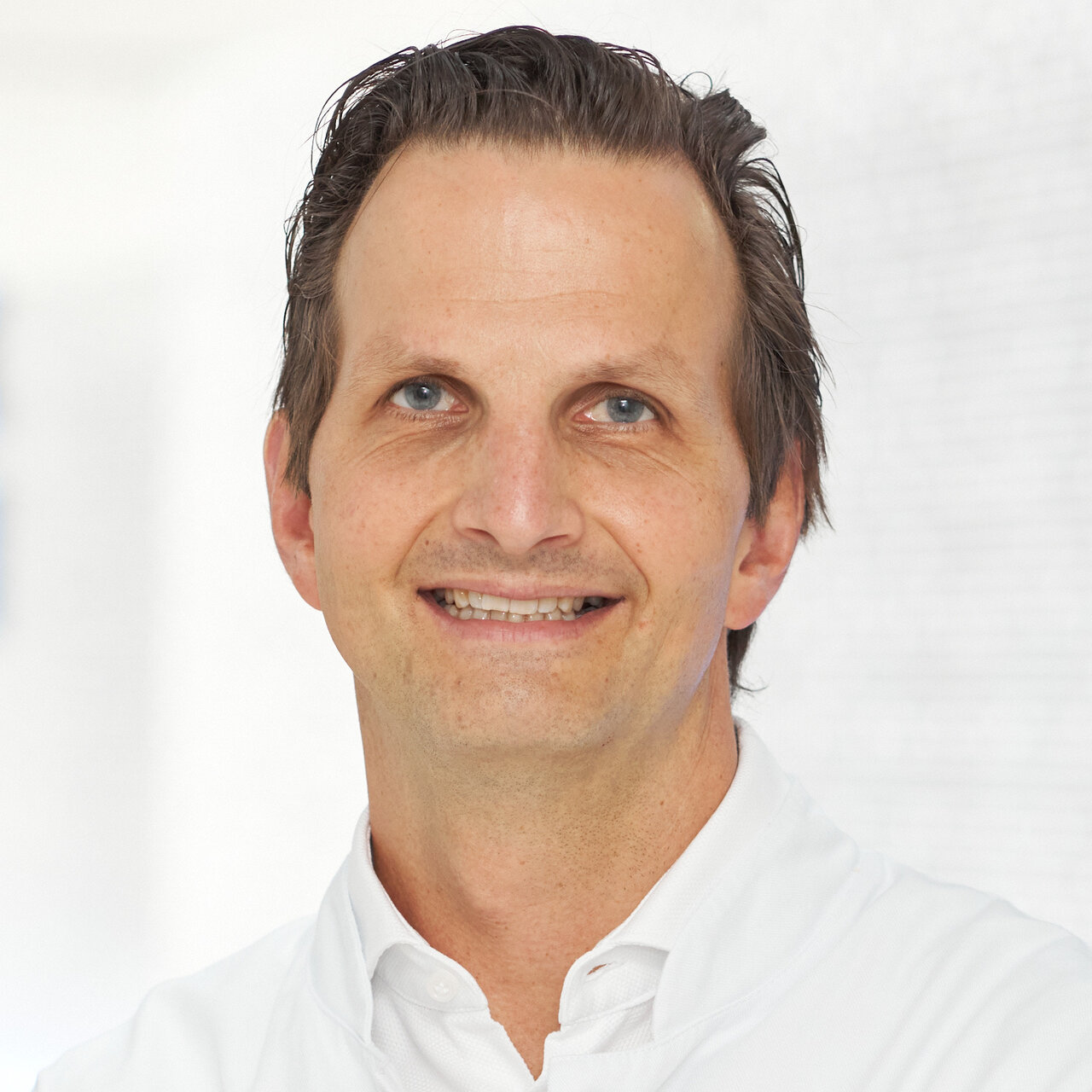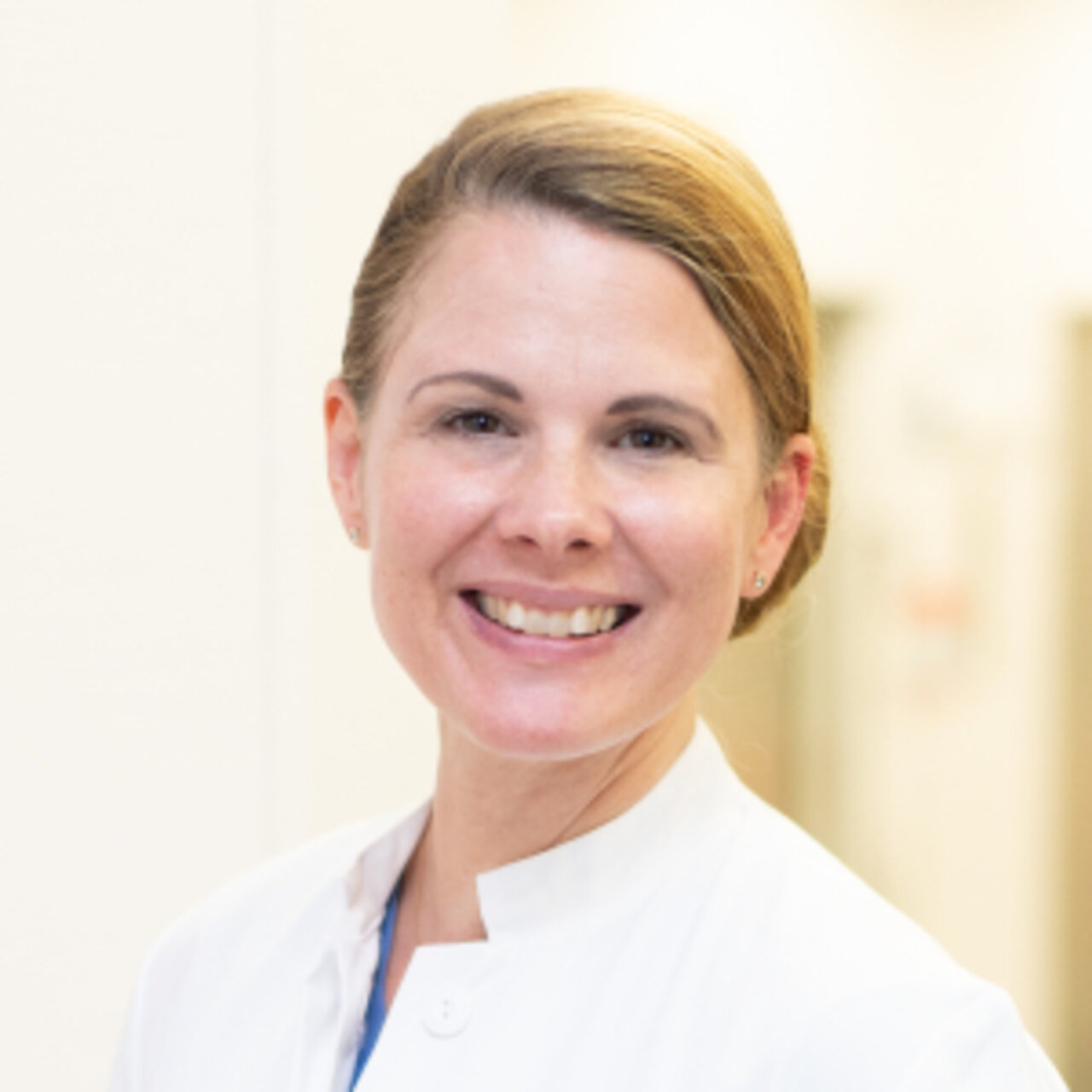Specialists in Sick-Sinus-Syndrom
4 Specialists found
Information About the Field of Sick-Sinus-Syndrom
Definition: What Is Sick Sinus Syndrome?
Sick sinus syndrome describes a disease of the sinus node in the heart. In a healthy state, the sinus node is responsible for the rhythm in which the heart contracts. If this rhythm generator is damaged, cardiac arrhythmias occur. The most common one is sinus bradycardia, in which the heart beats regularly but too slowly. As a result, affected patients feel, among others, dizziness at rest or fainting when they are under physical stress.
Causes of Sick Sinus Syndrome
Various heart diseases can cause loss or damage to sinus node cells. Causes include:
- Heart attack or primary stages
- Myocardial insufficiency
- Myocarditis
- Idiopathic degeneration of the conduction system
- Mutations of sodium ion channels in the conduction system
Diagnostics: Sick Sinus Syndrome ECG
The most important diagnostic tool for cardiac arrhythmias is the electrocardiogram (ECG). For this purpose, the heart's electrical signals are recorded and imaged via electrodes on the chest wall. This allows a good assessment of the conduction of the heart's excitation and the associated parameters. An ECG is not sufficient because it is only a snapshot in many cases. The attending physician can ask the patient to wear a 24h ECG. This is a small device that continuously records an ECG throughout the day and can be read out on the computer. Also, an exercise ECG, such as cycling, can provide helpful information about sinus node disease.
Therapy: Sick Sinus Syndrome Pacemaker
Therapy for sick sinus syndrome depends on the patient's symptoms. For example, a pacemaker can be implanted in the case of bradycardia, i.e., a slowing of the heart rhythm. This pacemaker intervenes whenever the heart rate falls below a certain number of beats, thus providing "downward" protection. The pacemaker is usually implanted under the skin above the right breast. If the heart beats too fast, a healthy rhythm can be ensured by taking medication, such as beta-blockers like Metoprolol.
Prognosis: Sick Sinus Syndrome Life Expectancy
There is a good prognosis if existing bradycardia has been treated with a pacemaker. Since these patients usually suffer from heart disease, this should also be well treated for a good prognosis. However, individual life expectancy depends on the underlying disease and other risk factors for a cardiovascular incident, e.g., smoking, overweight, high blood pressure, the general condition of the affected patient, and is therefore difficult to predict.
Sources:
Herold et al.: Innere Medizin. Eigenverlag 2012, ISBN 978-3-981-46602-7.
Hahn: Checkliste Innere Medizin. 6. Auflage. Thieme 2010, ISBN 978-3-131-07246-7.



